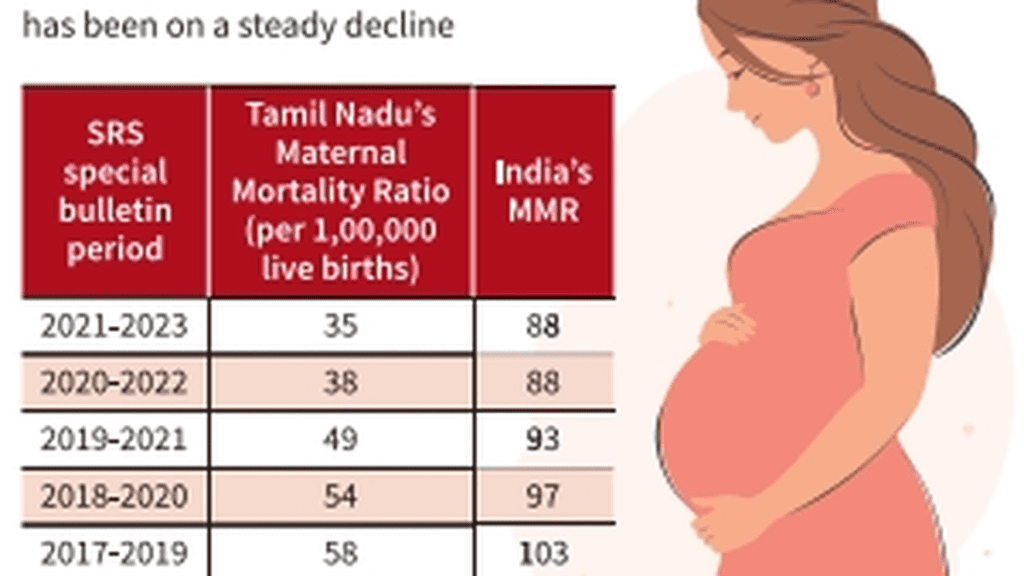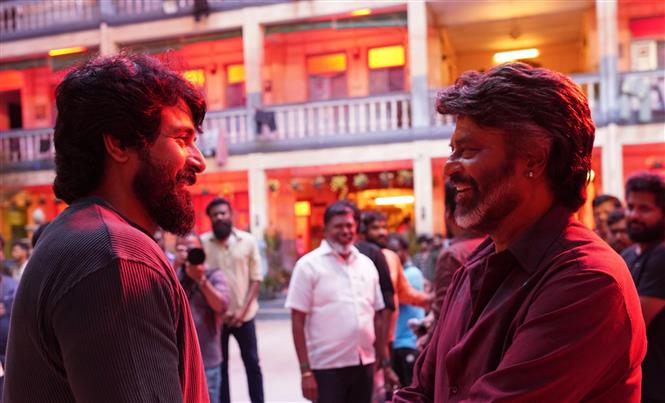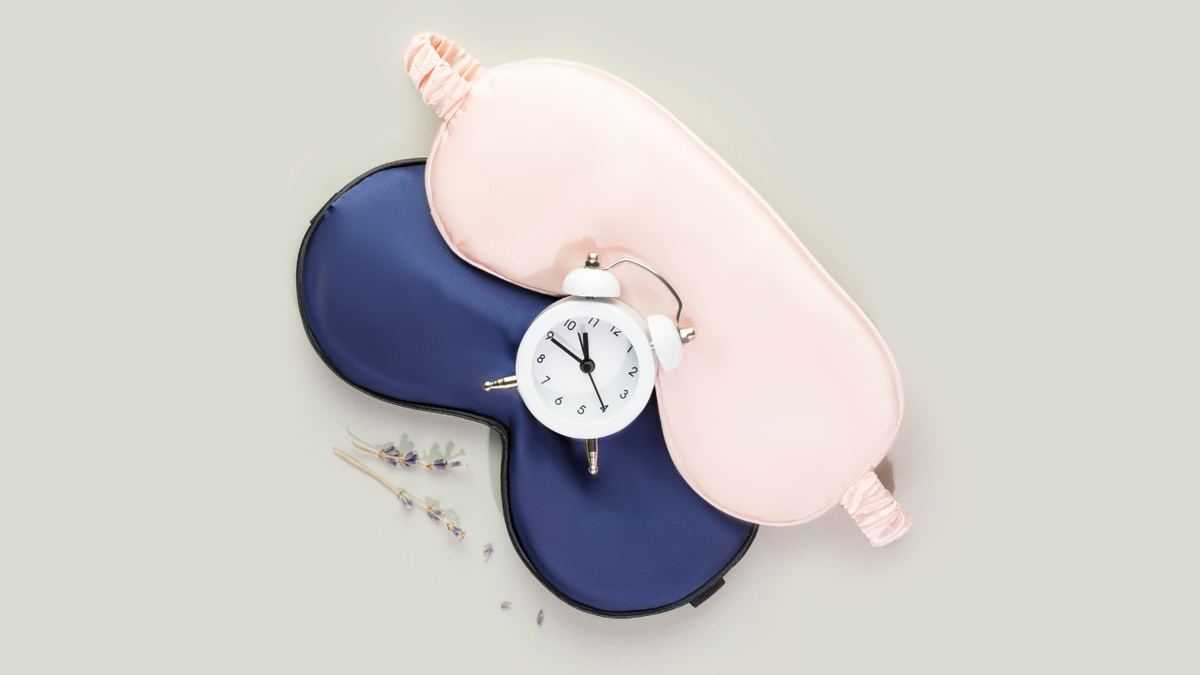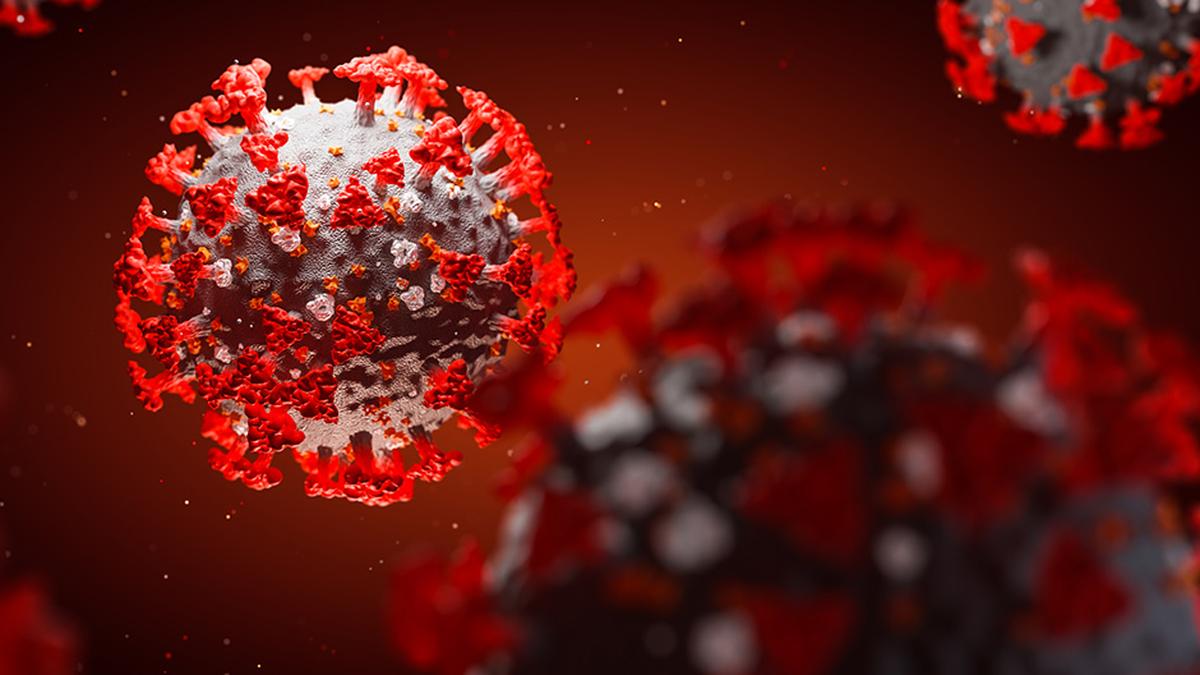Adequate calcium intake, exercise crucial for young adults to prevent osteoporosis, say experts
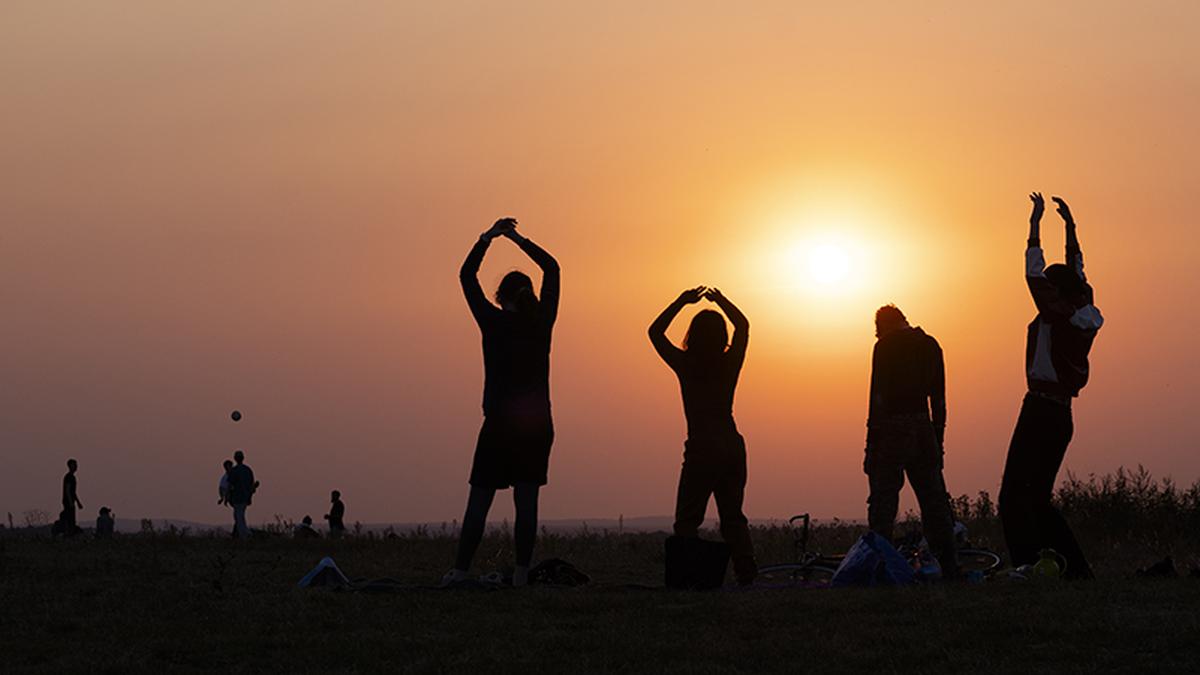
Adequate calcium intake, exercise crucial for young adults to prevent osteoporosis, say experts
“Adequate calcium intake, regular physical activity, and avoiding smoking and excessive alcohol consumption are essential for preventing bone loss in young adults,” experts said at a recent webinar on osteoporosis organised by Naruvi Hospitals, Vellore in collaboration with The Hindu.
The session was part of the ‘Healthy India, Happy India’ initiative aimed at promoting health and wellness nationwide.
The webinar, titled ‘Osteoporosis: What a Common Man Needs to Know’, featured M.S. Seshadri, consultant and Head of Endocrinology at Naruvi Hospitals; Sai Krishna Chaitanya, consultant endocrinologist at Naruvi Hospitals; and Shriram Mahadevan, head of endocrinology at Sri Ramachandra Institute of Higher Education and Research, Chennai.
Dr. Chaitanya kicked off the session by explaining that osteoporosis is a condition where weakened bones significantly increase the risk of fractures. “Osteoporosis occurs when the balance between bone resorption and bone remodelling is disrupted, leading to decreased bone mass,” he explained. He noted that bone mass peaks during the third decade of life, after which bone resorption exceeds bone formation, accelerating bone loss.
Dr. Chaitanya also outlined key risk factors for osteoporosis, including age, gender, low body weight, smoking, excessive alcohol consumption, and a family history of the disease. He added that individuals with low physical activity or a history of fractures after the age of 40 are also at higher risk.
Dr. Seshadri stressed that adequate calcium intake, especially from dairy products, and regular outdoor activity are crucial for building strong bones during the growth years. “Unfortunately, modern lifestyles, with academic pressures and increased screen time, often limit calcium intake and physical activity, making supplements necessary in some cases,” he said.
Dr. Seshadri also addressed hormone therapy for menopausal women, recommending estrogen alone for those who have had both their uterus and ovaries removed, until about the age of 50. For women going through natural menopause, a combination of estrogen and progesterone can help manage symptoms like hot flashes, with treatment typically lasting up to five years.
Dr. Mahadevan discussed treatment options for osteoporosis, explaining that medication choices depend on efficacy, scientific evidence, and the type of fracture being targeted. Bisphosphonates are usually the first line of treatment, while bone-forming agents are preferred for severe osteoporosis or recurrent fractures, especially when bone mineral density is low. He cautioned that these treatments are typically applicable for 18 to 24 months, and stopping them abruptly could be harmful.
The webinar is available at https://bit.ly/3Pp0W0c.



